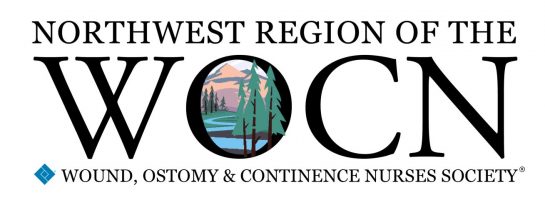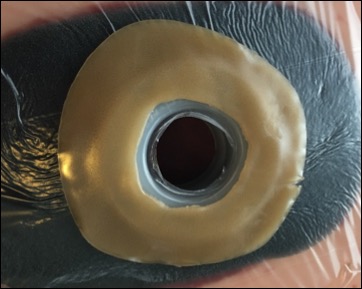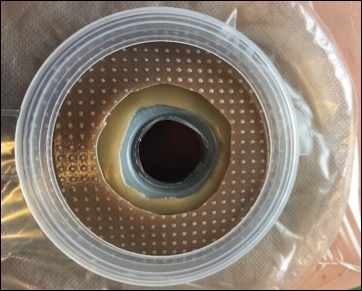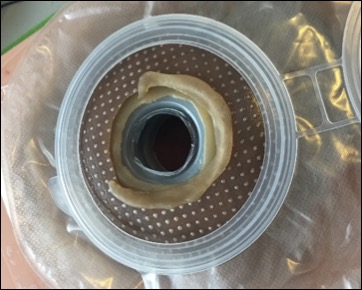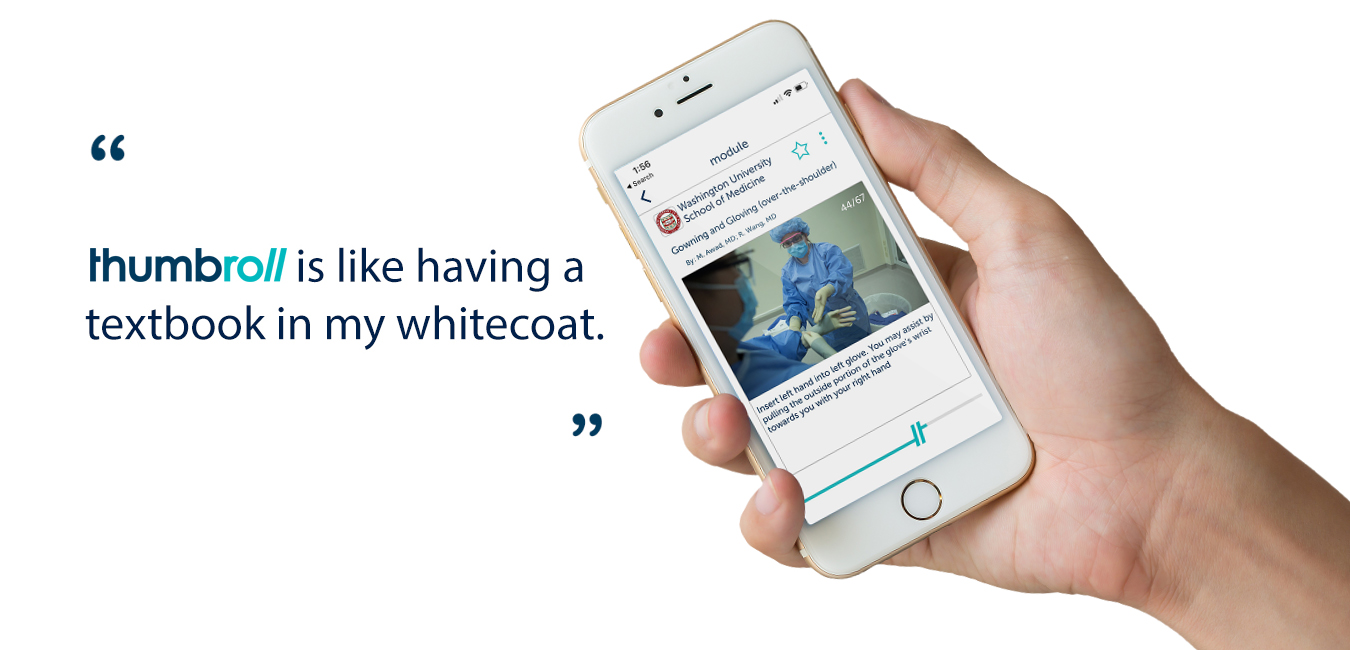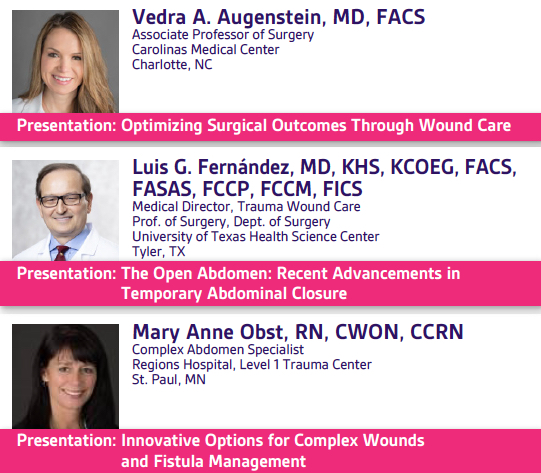Mary Anne Obst will present "Complex Abdominal Wounds and Fistula Nightmares: Tricks and Tips" October 19th in Medford, Oregon. The seminar is at the Advanced Wound Care Conference of the Northwest Region of the WOCN.
Mary Anne is a Complex Abdomen Specialist at Regions Hospital in St. Paul, Minnesota. She will teach participants various approaches to promote quality of life while targeting surgical repair when applicable. She will also share unique methods for managing complex abdominal wounds and enterocutaneous fistulas.
Click here for conference information.

